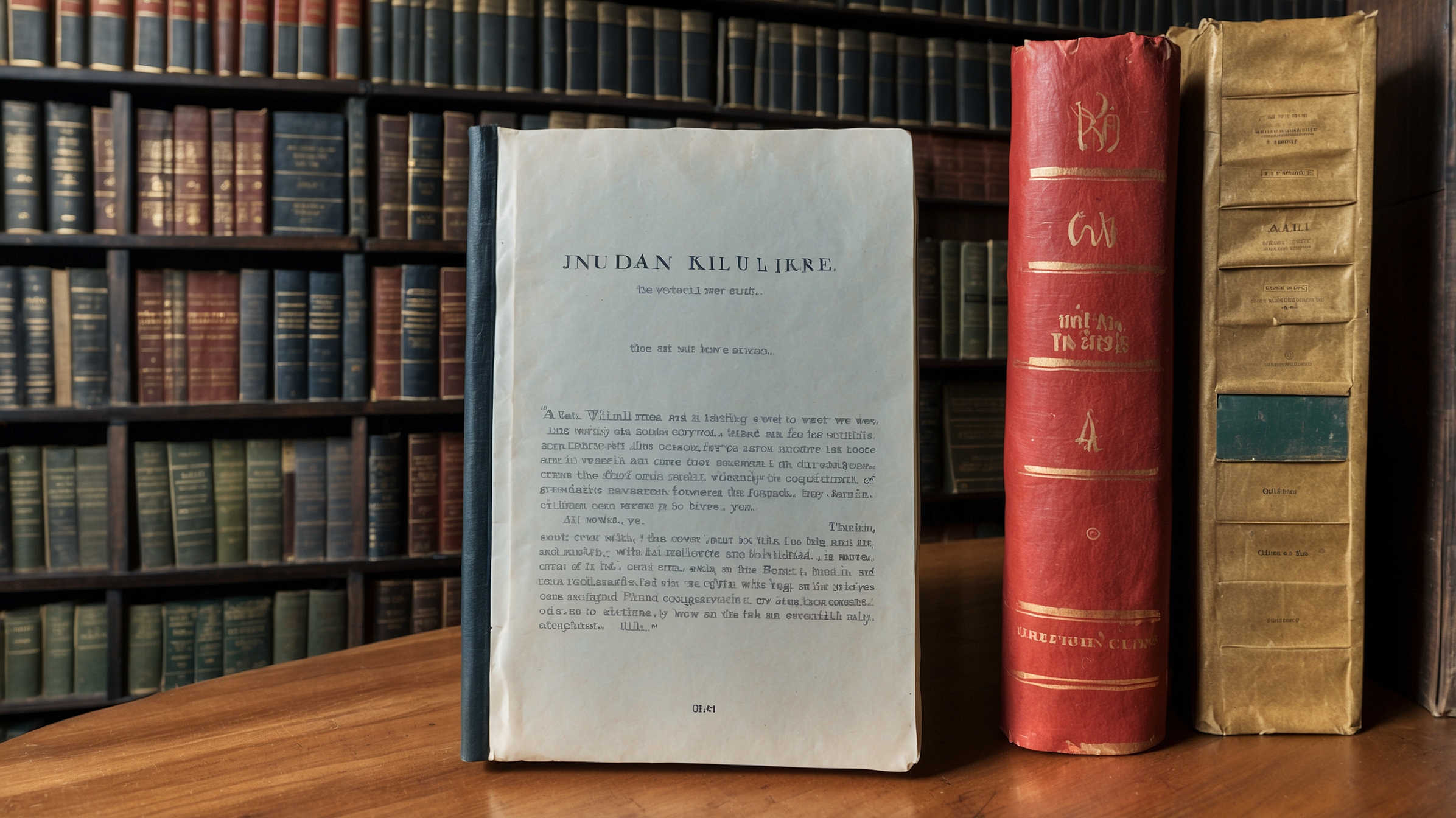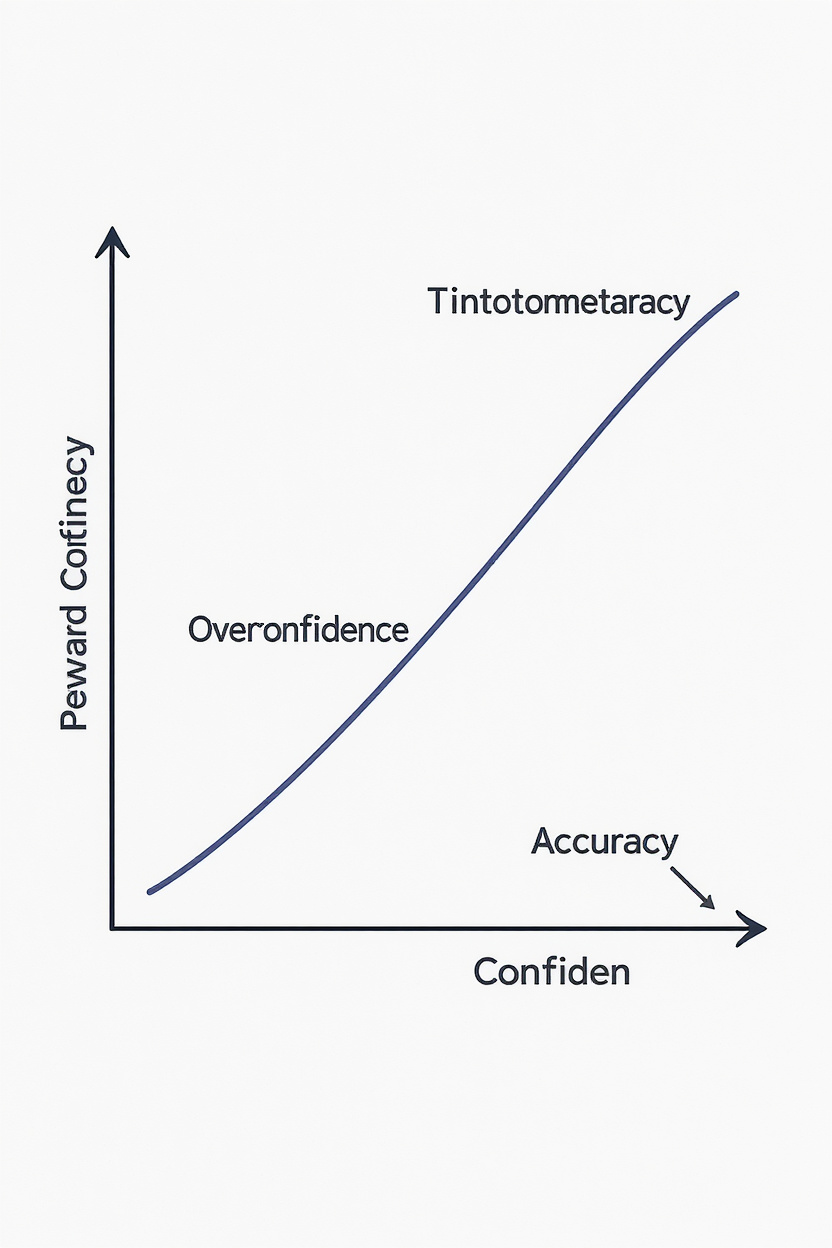Publishing Giant HarperCollins Enlists AI to Learn How to Write Boring Books by Reading Their Old Ones
In an astonishingly bold move to enhance the world’s literary prowess, HarperCollins has generously volunteered the most riveting, edge-of-your-seat exhilarating nonfiction titles from their backlist to train AI models. These tragic victims, that, let’s be honest, haven’t seen a reader or sunlight in decades, are now being used to cultivate AI programs so capable of understanding human monotony, that they may soon write the next blockbuster on penguin migration patterns or the history of unbuttered toast.
“Finally, our books will have eyeballs on them—albeit digital ones,” chuckled B.S. Pagesworth, the spokesperson for HarperCollins, between sips of artisanal kombucha. “These AI models need to understand the delicate art of crafting sentences that make people reconsider their life choices, mid-page.”
The move requires authors to permit this literary generosity, though experts speculate that many simply forgot they ever wrote these titles. “Oh, they’re using my book? Which one?” murmured one anonymous author, while she leafed absentmindedly through her vintage 1983 planner. “At this point, I’d let an AI train by using my grocery list,” she concluded, her stipend cheque bouncing gaily out of her pocket.
Industry insiders predict this venture will herald a new era in which AI-authored texts will be the latest craze, set to seamlessly replace soul-stirring human prose with lines only marginally less exciting than watching paint dry. “A revolution, truly,” stated an enthusiastic Henry Wordsworth, an AI developer. “Machines will finally pen works just as compelling as an email chain about updating petty cash receipts.”
Critics, however, argue that this could be one step too far in the union of man and machine. “Next thing you know, we’ll have AI learning from our recipe books and ruining grandma’s secret lasagna,” fumed crochety librarian Maude Marginalia, as she clutched her stack of cat-themed bookmarks.
But for now, HarperCollins and its AI confederates remain bullish about the upside. “If these AIs manage to stay awake through Chapter 1, they’re already surpassing 78% of our past readership,” Pagesworth acknowledged with a wave off to his publisher. The grand experiment has begun. Hang on to your Kindles; the future of decent, flavorless prose has never looked so promising.





